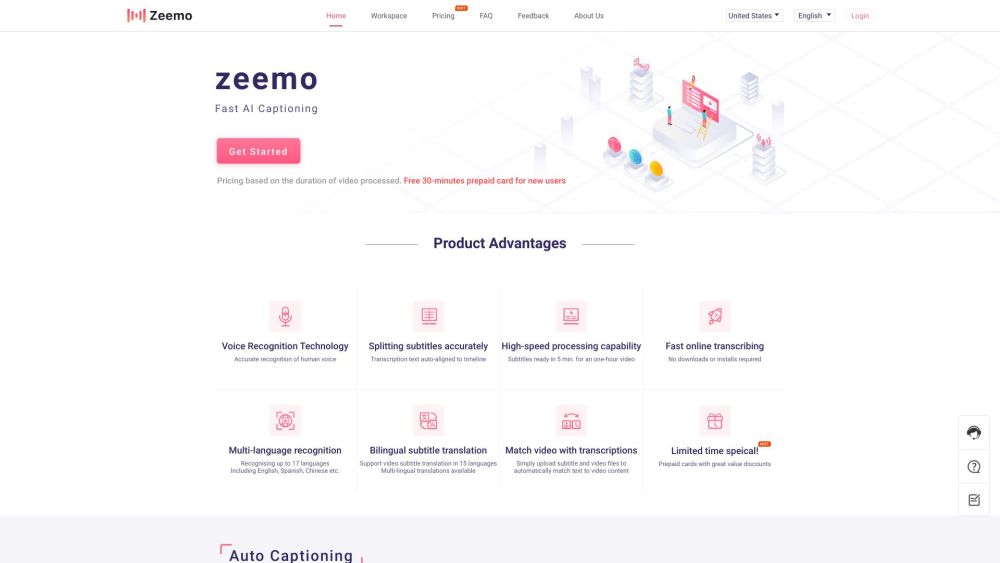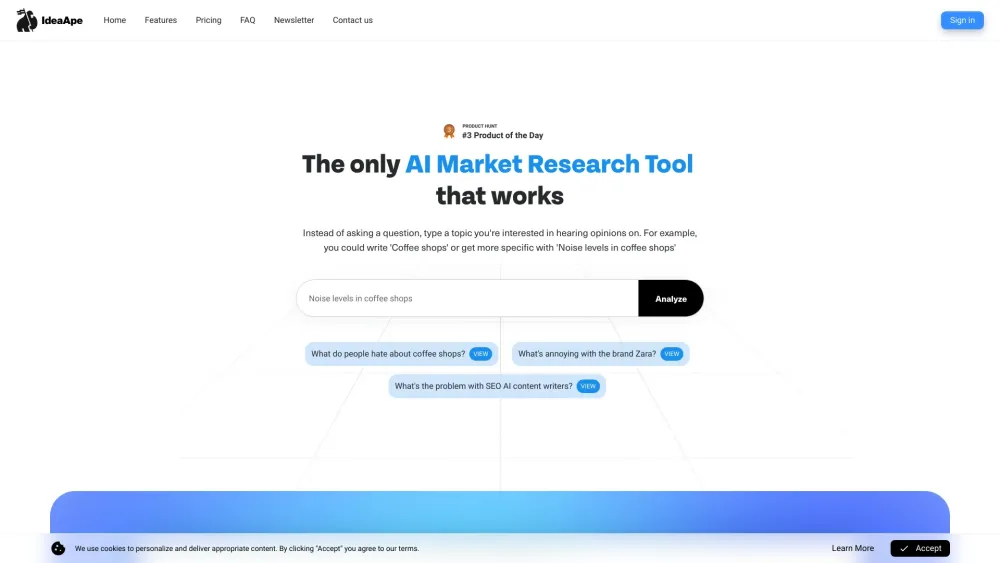The National Institute of Standards and Technology (NIST) has unveiled a suite of guidance documents aimed at assisting organizations in the safe development of artificial intelligence (AI). These vital publications include four draft guides focused on implementing chatbots and text-based image and video systems, along with documents dedicated to advancing global AI standards and enhancing transparency in AI practices.
As drafts, these publications are open for public feedback, which NIST encourages to help refine and finalize them before their official release later this year. Designed to complement existing resources such as the AI Risk Management Framework and the Secure Software Development Framework, these guides emphasize the importance of addressing the unique risks posed by generative AI.
Laurie E. Locascio, NIST director and undersecretary of commerce for standards and technology, highlighted the importance of these documents: “While generative AI holds transformative potential, it introduces risks distinct from those associated with traditional software. These guidelines not only educate developers about these unique risks but also provide actionable strategies for risk mitigation, thereby supporting sustained innovation.”
The AI RMF Generative AI Profile identifies 13 potential risks linked to model outputs while detailing over 400 actions that developers can utilize to manage these risks effectively. These risks are categorically organized based on their impact, spanning technical challenges, human misuse, and broader societal concerns.
The second document, **Secure Software Development Practices for Generative AI and Dual-Use Foundation Models**, emphasizes the security of the underlying software code. It offers developers practical steps to counteract potentially harmful information within datasets, including guidance on training data collection and methods for identifying bias and manipulation within text.
Another key publication, **Reducing Risks Posed by Synthetic Content**, provides essential insights on AI-generated content. This document suggests measures for enhancing transparency, including the use of watermarking and the maintenance of detailed metadata.
Additionally, **A Plan for Global Engagement on AI Standards** focuses on fostering information sharing among users, providing recommendations for cooperative efforts in AI development. This comprehensive approach aims to promote high standards and best practices in the dynamically evolving field of AI.
To further support developers, NIST has introduced a set of GenAI tests designed to assess generative AI systems. These tests evaluate whether the outputs from a generative AI system contain potentially discriminatory content and if they can be distinguished from human-generated content. Currently, these tests are limited to text generation systems, with plans to expand support for images, videos, and code in the near future.
U.S. Secretary of Commerce Gina Raimondo underscored the importance of these initiatives: “Today’s announcements reflect our commitment to transparency and the invaluable input from stakeholders. We have made significant strides in a short timeframe, continuously striving to promote responsible innovation and maintain America’s leadership in technology.”
NIST's guidance comes just 180 days after President Biden’s executive order on AI, which initiated a focused effort within the Commerce Department to develop research and recommendations designed to harness AI's potential responsibly while minimizing associated risks.
Complementing NIST's efforts, the U.S. Patent and Trademark Office (USPTO) has initiated a request for comments regarding AI's implications for patent evaluations under U.S. law. As a component of the Commerce Department, the USPTO seeks insights from intellectual property experts on how AI may influence determinations of prior art—an essential factor in assessing the novelty of inventions.
These comprehensive initiatives by NIST and the USPTO highlight the ongoing commitment to fostering a secure and innovative AI landscape that prioritizes ethical practices and responsible development.





